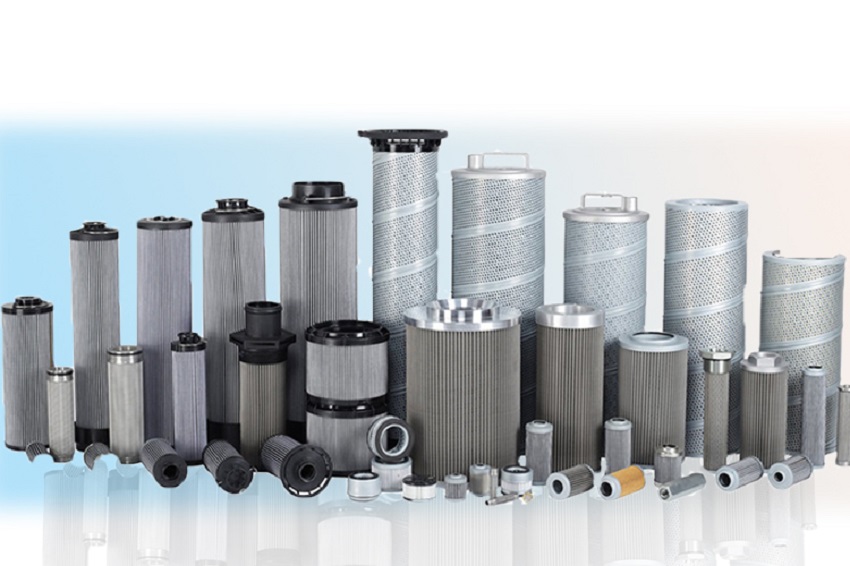Hydraulic systems are found in multiple types of machinery. This includes tractors, diggers, and even cars. Like any other piece of equipment, hydraulics are prone to contamination from dust, debris, and other impurities. Hydraulic filters keep these contaminants from sensitive components like servo valves, pressure controls, and motors.
Reliability Checks
Choosing the suitable hydraulic filter suppliers VA for your application requires consideration of the operational pressure, construction material, and mesh size. It also must be compatible with your machine or equipment and capable of removing foreign matter from the hydraulic fluid. While it is impossible to prevent every particle of dirt from ingressing a system, filtration helps reduce the amount that gets through, increasing the longevity of your equipment and reducing downtimes and repair bills. Using offline filtration to keep contaminants at bay will help protect sensitive downstream components such as servo valves, pressure controls, and motors. It will also enable you to maintain the maximum recommended acid level of 1.0 mg KOH/g. Using the AMM/MP procedure to take a sample of the hydraulic oil for analysis will help to reduce the build-up of acid in the system and improve component reliability.
Fluid Contamination
Regarding hydraulic system performance, a few issues are more significant than fluid contamination. Over 85% of all hydraulic power systems problems are estimated to be related to contamination and poor filtration. The filtration component of a hydraulic system is responsible for filtering out and controlling the levels of damaging particulates that can cause wear on equipment and shorten its lifespan. These particulates include oxidation, sludge, metal shavings, shredded elastomeric seals, and chemical byproducts. Keeping the hydraulic system clean and preventing contamination from entering is the best way to ensure proper operation and maximum equipment life. This requires diligent inspection, monitoring, and adherence to preventive maintenance protocols. In addition to implementing regular system flushes and ensuring the correct fluid type is used, good filtration practice should include pre-filtering of new oil before adding it to the system. This will help ensure the new oil meets cleanliness level specifications for longer machine life and a lower risk of premature hydraulic filter clogging.
Cavitation
Hydraulic system filters prevent contaminants from clogging the system and causing damage to hydraulic components. If a filter isn’t replaced regularly enough, contaminants can reach the cylinders and pumps in your machine, causing them to wear down faster than they should. Insufficient filtration can also cause fluid contamination, leading to the equipment leaking further damage and more extended downtime for your machinery. Suction filters clean the hydraulic fluid at the reservoir before it goes into the pump. System pressure filters remove impurities before the lubricant reaches critical downstream parts, such as servo valves, pressure controls, and motors. Offline oil filtration can ensure optimal lubricant cleanliness, but the process must be performed correctly to maximize its benefits. The right hydraulic filter element is a complex decision that relies on critical data and a reputable supplier with industry knowledge.
Preventive Maintenance
The most effective approach to maintenance is preventive rather than corrective. Waiting until equipment shows signs of failure is costly regarding downtime and repair costs. The only way to avoid these costs is by using a system that enables you to test hydraulic fluid for contamination and identify when a filter’s pressure has reached critical levels. This can be done by using a test kit with quick-connect couplings that can be installed along the hydraulic lines or by installing bypass filtration systems such as kidney loops that operate independently from the main line and allow for testing of fluid samples without disrupting the operation of the equipment. It’s also important to remember that even fresh hydraulic oil can become contaminated. Environmental contaminants such as manufacturing debris, casting sand, paint dust, welding spatter, and cleaning rag fibers can all accumulate in the oil and cause issues in hydraulic components. The best approach to dealing with this is to use a good quality filter and follow the manufacturer’s recommended maintenance schedule.

